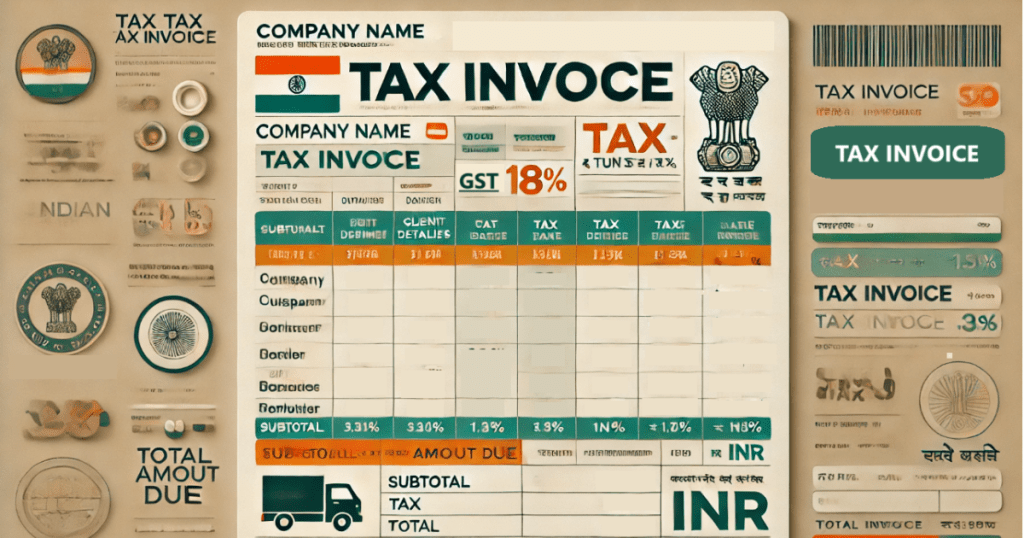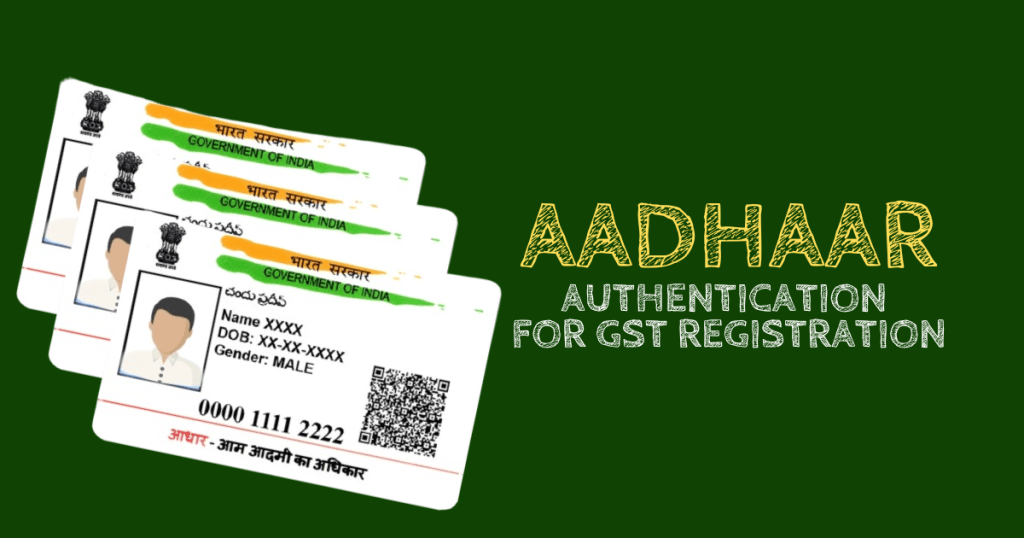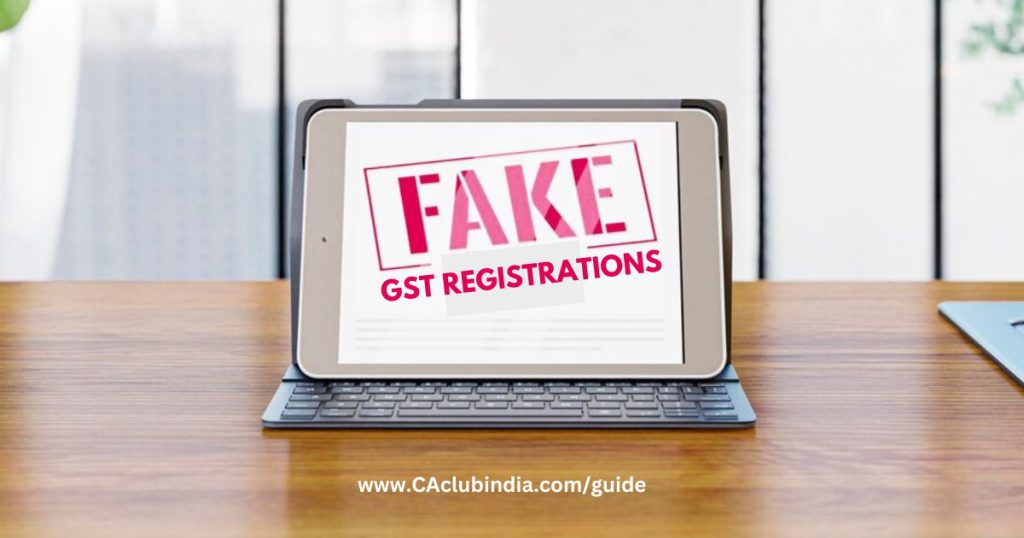According to the recommendations from the 55th meeting of the GST Council, it is mandatory to issue tax invoices for online services and to include the recipient’s state in the invoice. The excerpt of this statement is provided below:
“MEASURES FOR STREAMLINING COMPLIANCES IN GST
Clarification regarding recording of correct details of name of the State of the un-registered recipient as well as correct declaration of place of supply in respect of supply of ‘Online Services’
- To clarify that in respect of supply of ‘Online Services’ such as supply of online money gaming, OIDAR services, etc. to unregistered recipients, the supplier is required to mandatorily record the name of the State of the unregistered recipient on the tax invoice and such name of State of recipient shall be deemed to be the address on record of the recipient for the purpose of section 12(2)(b) of IGST Act, 2017 read with proviso to rule 46(f) of CGST Rules, 2017”
As per section 12(2)(b) of the IGST Act, 2017, Place of supply of services where location of supplier and recipient is in India.-
(2) The place of supply of services, except the services specified in sub-sections (3) to (14),-
(a) made to a registered person shall be the location of such person;
(b) made to any person other than a registered person shall be,-
(i) the location of the recipient where the address on record exists; and
(ii) the location of the supplier of services in other cases.
As per Rule 46(f) of the CGST Rules, 2017, Tax Invoice – Subject to rule 54, a tax invoice referred to in section 31 shall be issued by the registered person containing the following particulars, namely,-
(f) name and address of the recipient and the address of delivery, along with the name of the State and its code, if such recipient is un-registered and where the value of the taxable supply is less than fifty thousand rupees and the recipient requests that such details be recorded in the tax invoice.
Provided that in cases involving supply of online money gaming or in cases that where any taxable service is supplied by or through an electronic commerce operator or by a supplier of online information and database access or retrieval services to a recipient who is unregistered, irrespective of the value of such supply, a tax invoice issued by the registered person shall contain the name of the State of the recipient and the same shall be deemed to be the address on record of the recipient;
The Council highlighted that suppliers must include the recipient’s state on the tax invoice for online services such as online money gaming and OIDAR (Online Information and Database Access or Retrieval) services offered to unregistered recipients.
Accurately recording the recipient’s state for ‘Online Services’ guarantees the correct allocation of taxes to the appropriate state.
The provision is suggested for certain commodities that are prone to evasion. It aims to enhance transparency, improve tax compliance, and ensure that the correct taxes are paid at each stage of the supply chain.
It has been noted that an analysis of the definitions of ‘electronic commerce’ and ‘electronic commerce operator’ in section 2(44) and section 2(45) of the CGST Act, in conjunction with rule 46(f) of the CGST Rules, indicates that all services provided to unregistered recipients via a digital or electronic network—whether delivered directly by the supplier using their own digital or electronic platform or through another platform owned and operated by an independent electronic commerce operator—will fall under the proviso to rule 46(f) of the CGST Rules.
It is hereby clarified that the provisions of the proviso to rule 46(f) of the CGST Rules apply to all online services supplied to unregistered recipients, in addition to online money gaming and OIDAR services. Examples of such services include subscriptions to e-newspapers and e-magazines, online streaming services (e.g., OTT platforms), online telecommunications, and digital services via mobile applications. Consequently, for the supply of any online or digital services, OIDAR services, and online money gaming to unregistered recipients, suppliers are required to record the name of the recipient’s State on the tax invoice, regardless of the value of the supply. They must also indicate the place of supply as the recipient’s location (based on the State name) in their outward supply details in FORM GSTR-1/1A.
To record the name of the State of the recipient on the tax invoice for supplies made to unregistered persons concerning online services, suppliers must implement an effective mechanism to gather this information from unregistered recipients prior to completing any transactions. As previously stated, the recorded name of the recipient’s State will be considered the address on record. Consequently, for determining the place of supply for these services, the provisions of section 12(2)(b)(i) of the IGST Act will apply, which stipulates that the place of supply is the location of the recipient.
It is important to note that if the supplier does not issue an invoice in compliance with these regulations—specifically by failing to include the correct mandatory details, such as the name of the State of the unregistered recipient for these supplies—they may face penalties under section 122(3)(e) of the CGST Act.
Provisions
- As per section 2(17) of the IGST Act, “online information and database access or retrieval services” means: “services whose delivery is mediated by information technology over the internet or an electronic network and the nature of which renders their supply impossible to ensure in the absence of information technology and includes electronic services such as,––
(i) advertising on the internet;
(ii) providing cloud services;
(iii) provision of e-books, movie, music, software and other intangibles through telecommunication networks or internet;
(iv) providing data or information, retrievable or otherwise, to any person in electronic form through a computer network;
(v) online supplies of digital content (movies, television shows, music and the like);
(vi) digital data storage; and
(vii) online gaming, excluding the online money gaming as defined in clause (80B) of section 2 of the Central Goods and Services Tax Act, 2017 (12 of 2017)
- As per section 2(44) of the CGST Act, 2017, “electronic commerce” means the supply of goods or services or both, including digital products over digital or electronic network.
- As per section 2(45) of the CGST Act, 2017, “electronic commerce operator” means any person who owns, operates or manages digital or electronic facility, or platform for electronic commerce.
- As per section 31(2) of the CGST Act, 2017, A registered person supplying taxable services shall, before or after the provision of service but within a prescribed period, issue a tax invoice, showing the description, value, tax charged thereon and such other particulars as may be prescribed.
- Penalty Provisions – Section 122(3)(e) of the CGST Act, 2017, Penalty for certain offences. Any person who-
(e) fails to issue invoice in accordance with the provisions of this Act or the rules made thereunder or fails to account for an invoice in his books of account, shall be liable to a penalty which may extend to twenty-five thousand rupees.
For more information on this topic, please refer to Circular No. 242/36/2024-GST issued by the Central Board of Indirect Taxes and Customs (CBIC) – GST Policy Wing on December 31, 2024


